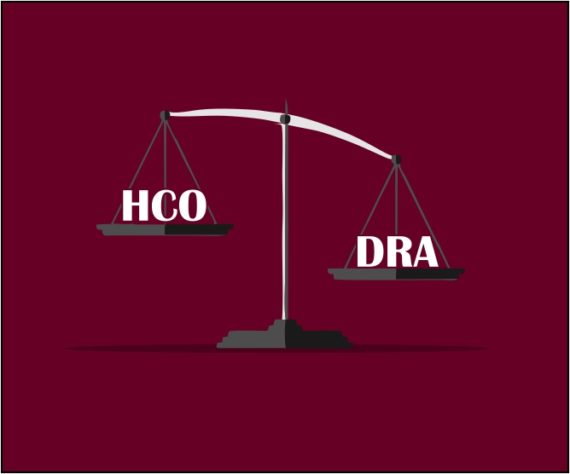DOMESTIC REFERRAL AGENCIES
Home » DRA vs. HCO
DRA vs. HCO

DRA vs HCO
DRA:
A Domestic Referral Agency (DRA) is a type of employment agency under the Employment Agency Act (California Civil Codes 1812.500 – 1812.5095). Civil Code 1812.5095 applies specifically to DRA’s although there are other sections in the civil code that also apply. There are two types of DRA’s; one that offers clients housekeeping service referrals and another that offers clients non-medical home care referrals. DRA’s are exempted from the licensing requirements created by the Home Care Services Consumer Protection Act as long as they operate in compliance with civil code 1812.5095. DRA’s provide referral services by screening and registering domestic workers and referring them to clients seeking their services. DRA’s must personally interview and verify the work experience/training of the domestic workers they refer. DRA’s are paid a referral fee, which must be based on a percentage of the job cost, for their services. DRA’s must disclose the nature of the relationship between the domestic worker and the DRA to their clients and inform the client that they may have employer responsibilities depending on the relationship between the domestic worker and the client.
HCO:
A Home Care Organization (HCO) is a non-medical home care company licensed, governed and under the oversight of the California Department of Social Services. HCO’s are governed by specific regulations as required by the Home Care Services Consumer Protection Act (HCSCPA) which was enacted by AB 1217 and became effective on January 1, 2016. HCSCPA created the Department of Social Services Home Care Aide Registry which is responsible for screening and certifying Affiliated (home care aides employed by HCO’s) and Independent (home care aides not employed by an HC) home care aides. HCO’s can only provide Affiliated Home Care Aides to their clients. HCO’s are required to provide a minimum amount of training and supervision to their home care aides. HCO’s are required to carry a specific amount of general and liability insurance and to bond their employed home care aides. HCO’s have reporting and recordkeeping responsibilities under licensing regulations.
A quick comparison between a non-medical home care DRA and a HCO:
Non-medical home care DRA’s refer caregiver(s) to a client according to the job order placed by the client but does not control whether the client retains the caregiver. An HCO assigns one or more caregivers to the client and the client may or may not have a choice about specific caregiver(s) assigned or the number of caregivers that may be assigned. Caregiver’s referred to clients from a DRA set their own pay rate and can renegotiate their rate at their own discretion. An HCO sets the pay rate for their employee caregivers and chooses if or when the caregiver will receive an increase. DRA clients and their caregivers can change their schedule and other work terms without involvement or control from the DRA (note: the only interest a DRA would have in these cases is to ensure they continue to receive referral fees owed) while HCO clients must work directly with the HCO to make changes and in some cases may be contractually prohibited from certain changes (i.e. reducing the amount of service hours to less than the HCO requires or changing their caregiver(s) schedules). Due to the very different nature between the type of services provided by DRA’s and HCO’s, for clients wishing to utilize a consumer-directed model of home care services DRA’s can be a very cost effective solution.
